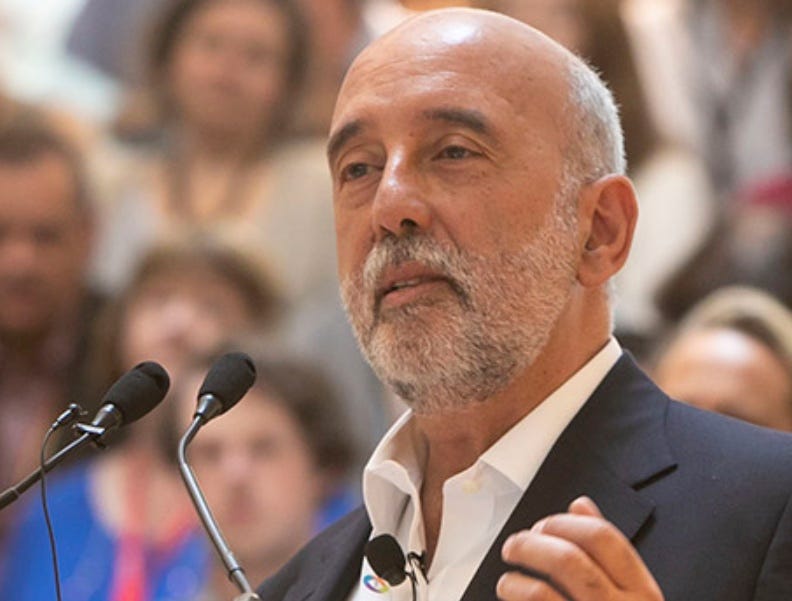EU notebook: Europe must rethink debt obsession to adapt to climate emergency
Plus, EU fiscal discussions not expected to take form until after Germany's September election
This column is for Callaway Climate Insights subscribers only, but it’s OK to share once in a while. Was it shared with you? Please subscribe.
(Stephen Rae is a leading editor and adviser in Europe and expert on EU policy. Based out of Dublin and Brussels, he runs CCI’s European operations.)
DUBLIN (Callaway Climate Insights) — European capitals will need to better coordinate their differing fiscal policies and stop obsessing over debt to kick-start and sustain economic growth against the growing climate crisis, a top EU central banker said this week.
Gabriel Makhlouf, a member of the European Central Bank’s Governing Council, and currently Ireland’s central bank governor, said more fiscal coordination among eurozone member countries, supported by a fiscal mechanism at the EU level, is required. The Egyptian-born banker’s views give an insight into the thoughts at ECB leadership level on how the bank is to approach meeting carbon neutrality.
“It’s important that we learn the lessons of the last two crises, the one we’re in right now and the one that we had in the last decade,” Makhlouf said in an interview with Politico Europe. “One is if fiscal and monetary policy work in a coordinated fashion, it ultimately benefits the community as a whole.”
Makhlouf said the new economic realities demand longer-term thinking in tune with the bloc’s target of a climate-neutral economy by 2050.
He said what worked in the past will not bring Europe through these challenges. Current fiscal rules put too much emphasis on metrics like the structural budget balance and debt-to-GDP — which are too narrow to assess the bloc’s economic health, he said.
Makhlouf joined Ireland’s central bank from the New Zealand Treasury two years ago. He was also private secretary to former British Prime Minister Gordon Brown when Brown was Chancellor of the Exchequer a decade ago.
While debt sustainability shouldn’t be ignored, Makhlouf said obsessing over debt obscures the broader objectives of economic policy such as improving economic welfare. . . .
. . . . Meanwhile, discussions over Europe’s fiscal rules are likely to get into full swing after September’s big German election, which will determine who succeeds the continent’s de facto leader, Chancellor Angela Merkel.
The Green party — which has received a bounce from the climate-change induced flooding last month which claimed almost 200 lives — has stated it is willing to reform rules to prevent excessive fiscal austerity and build eurozone fiscal capacity. Merkel’s ruling Christian Democrats meanwhile, led by Armin Laschet, are determined to avoid watering down the disciplining function of the pact.
The pandemic has already forced Europe to sideline its Stability and Growth Pact and the ECB has also launched monetary-policy support centered on a €1.85 trillion ($2.1 trillion) asset purchase program. Moreover, Makhlouf has indicated the central bank might have to extend its emergency bond purchases beyond the current March 2022 deadline.


